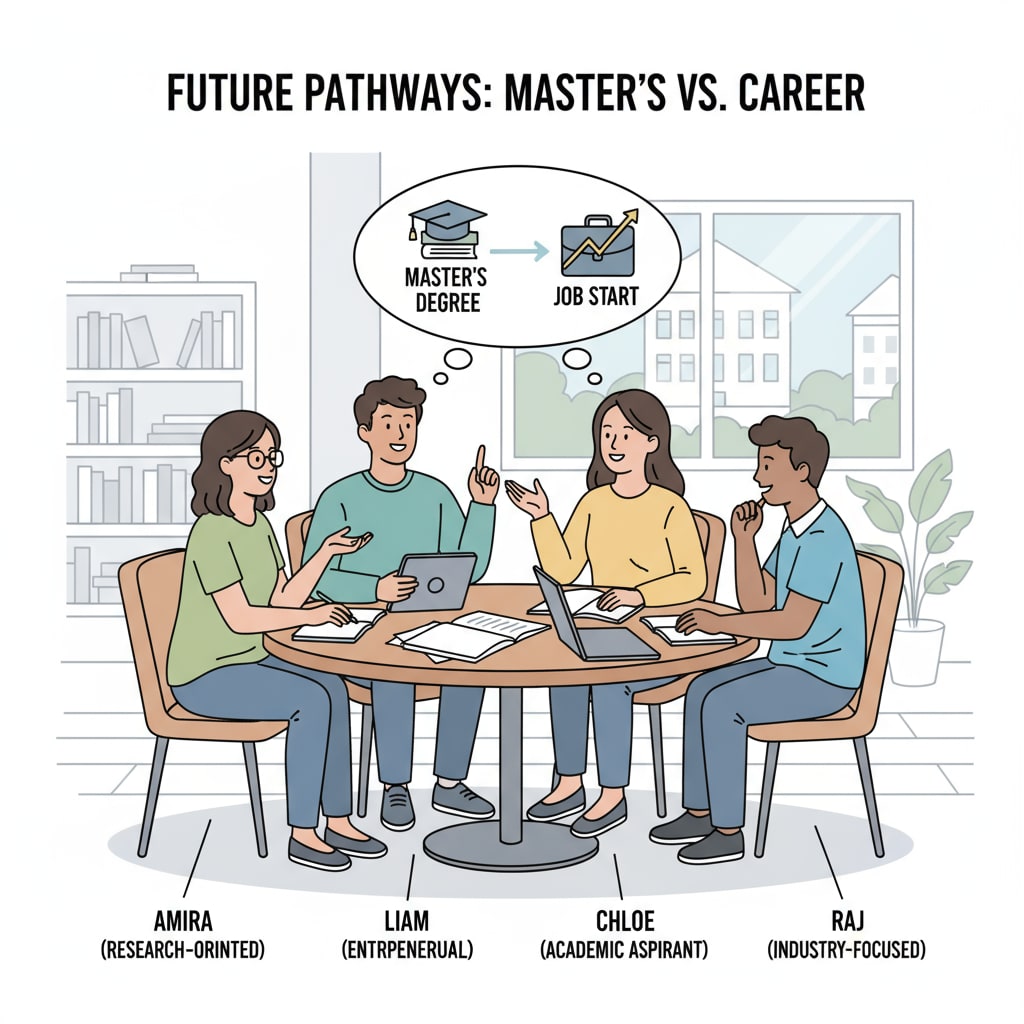When it comes to master’s degree, employment, career choice, undergraduate graduates stand at a crossroads, grappling with a pivotal decision: whether to pursue a master’s degree or step directly into the workforce. This choice can significantly shape their future paths.

The Allure of a Master’s Degree
Opting for a master’s degree offers several advantages. Firstly, it allows for in-depth specialization in a particular field. For example, in fields like engineering or medicine, a master’s degree can provide advanced knowledge and skills that are highly valued by employers. According to Britannica’s information on graduate education, postgraduate study often leads to a more profound understanding of complex theories and practical applications. Additionally, a master’s degree can open doors to higher-level positions and potentially higher salaries. Many research institutions and large corporations require or prefer candidates with advanced degrees.

The Temptation of Direct Employment
On the other hand, choosing to enter the workforce right after graduation has its own merits. One major advantage is the opportunity to gain real-world experience early. This hands-on experience can be invaluable, as it helps graduates understand the practical aspects of their chosen careers. They can build professional networks, develop essential workplace skills, and start earning an income. For instance, in the business world, starting early allows individuals to climb the corporate ladder faster. As stated on Wikipedia’s page on career development, early career entry can provide a head start in building a successful career.
When making this decision, several factors need to be considered. Personal interests and passions play a crucial role. If a student is deeply interested in research and academic exploration, a master’s degree might be the better choice. However, if they are eager to apply their knowledge in a practical setting and are more interested in immediate career progression, employment could be the way to go. Financial considerations also come into play. Pursuing a master’s degree often involves tuition fees and a delay in earning an income, while starting work immediately provides financial stability.
In conclusion, the decision between a master’s degree and employment is a highly personal one. It depends on individual circumstances, goals, and values. Undergraduate graduates should carefully weigh the pros and cons of each path to make a choice that aligns with their long-term aspirations. Readability guidance: This article uses short paragraphs to present key points clearly. Each H2 section provides a list of relevant factors. The passive voice is used sparingly, and transition words like ‘however’, ‘firstly’, and ‘additionally’ are used to enhance the flow of the text.


